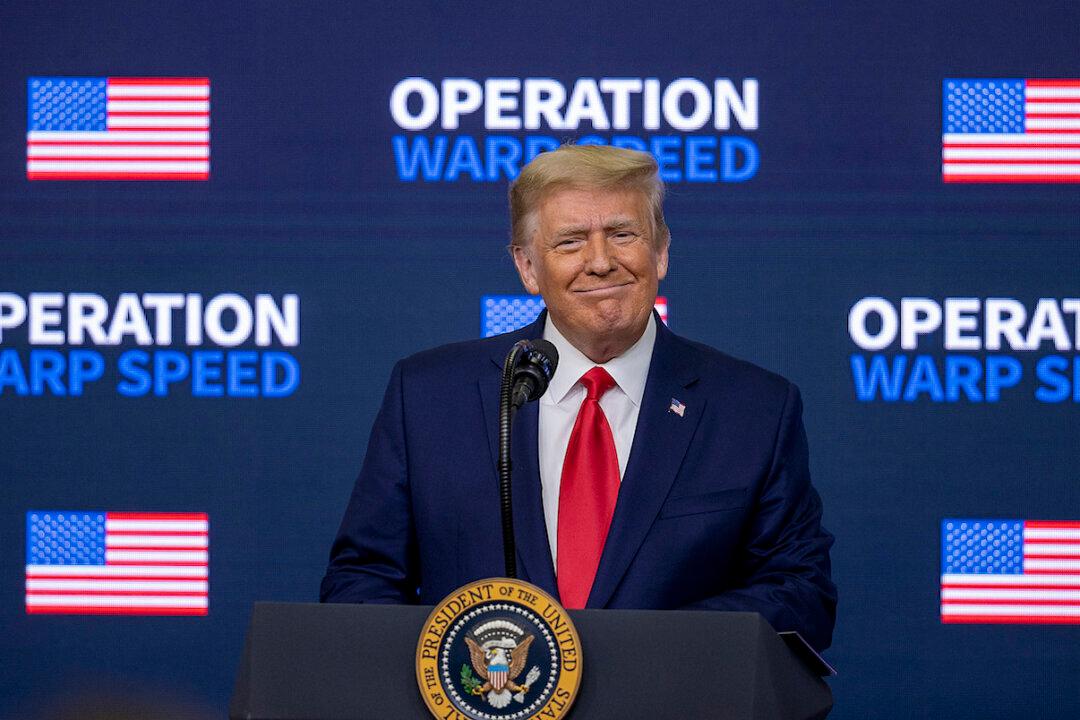Twitter on Saturday briefly restricted comments, likes, and forwarding options on a series of posts from President Donald Trump, in which he claims that he had won the “legal vote” and the election was stolen from him through widespread fraud.
In one of the three posts on Saturday morning, Trump responded to the Supreme Court’s decision to dismiss a Texas lawsuit challenging election results in Georgia, Pennsylvania, Michigan, and Wisconsin. Texas claimed that the pandemic-related changes the four battleground states implemented to their election procedures were illegal, and asked the Supreme Court to block them from casting “unlawful and constitutionally tainted votes” in the Electoral College.





